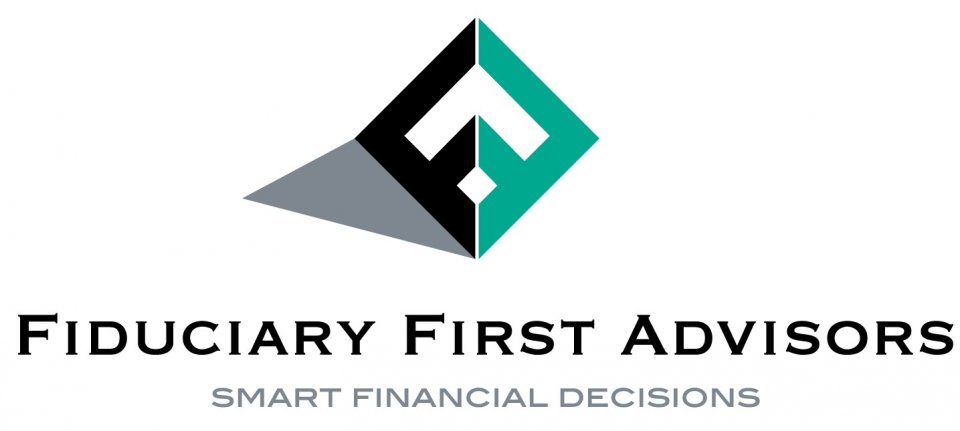What Is The Federal Open Market Committee?
Submitted by Fiduciary First Advisors on February 25th, 2020Unless you have a career in finance, government, or journalism, you may have never heard of the Federal Open Market Committee (FOMC). Put simply, FOMC is the branch of the brand of the Federal Reserve Board that determines the direction of monetary policy, specifically by directing open market operations. Each year, the committee has eight regularly scheduled private meetings. During these meetings, members review economic and financial conditions, determine the appropriate stance of monetary policy, and assesses the risks to its goals, such as price stability and sustainable economic growth. A vote to change policy would mean either selling or buying U.S. government securities on the open market to promote the growth of the national economy.
The FOMC consists of twelve members in total: seven members of the Board of Governors of the Federal Reserve System; the president of the Federal Reserve Bank of New York; and four of the remaining eleven Reserve Bank presidents who serve one-year terms on a rotating basis.
Using their vast combined knowledge, this committee aims to achieve an ideal economic growth rate of between 2 and 3 percent, fighting off inflation and unemployment rates. The natural rate of unemployment is between 4.7 and 5.8 percent, and the target inflation rate is 2 percent meaning the Federal Reserve wants prices to increase 2 percent each year.
What is the difference between the Federal Reserve and the Federal Open Market Committee (FOMC)?
The Federal Reserve possesses the tools to increase or decrease the money supply to open market operations, such as adjusting the discount rate and setting bank reserve requirements. The FOMC is in charge of–specifically– open market operations which entails buying and selling government securities.
Why should you know about the Federal Open Market Committee (FOMC)?
You should know about the FOMC because it impacts you. As mentioned above, the FOMC controls the fed funds rate. Banks use his rate to guide all other interest rates as a matter of balance. In turn, these rates control the availability of money to invest. This affects the cost of a mortgage, the value of portfolios, the potential for a raise, and even the selling price of a home.
Learn more about the FOMC, including meeting calendars, transcripts, and other historical materials at FederalReserve.gov

